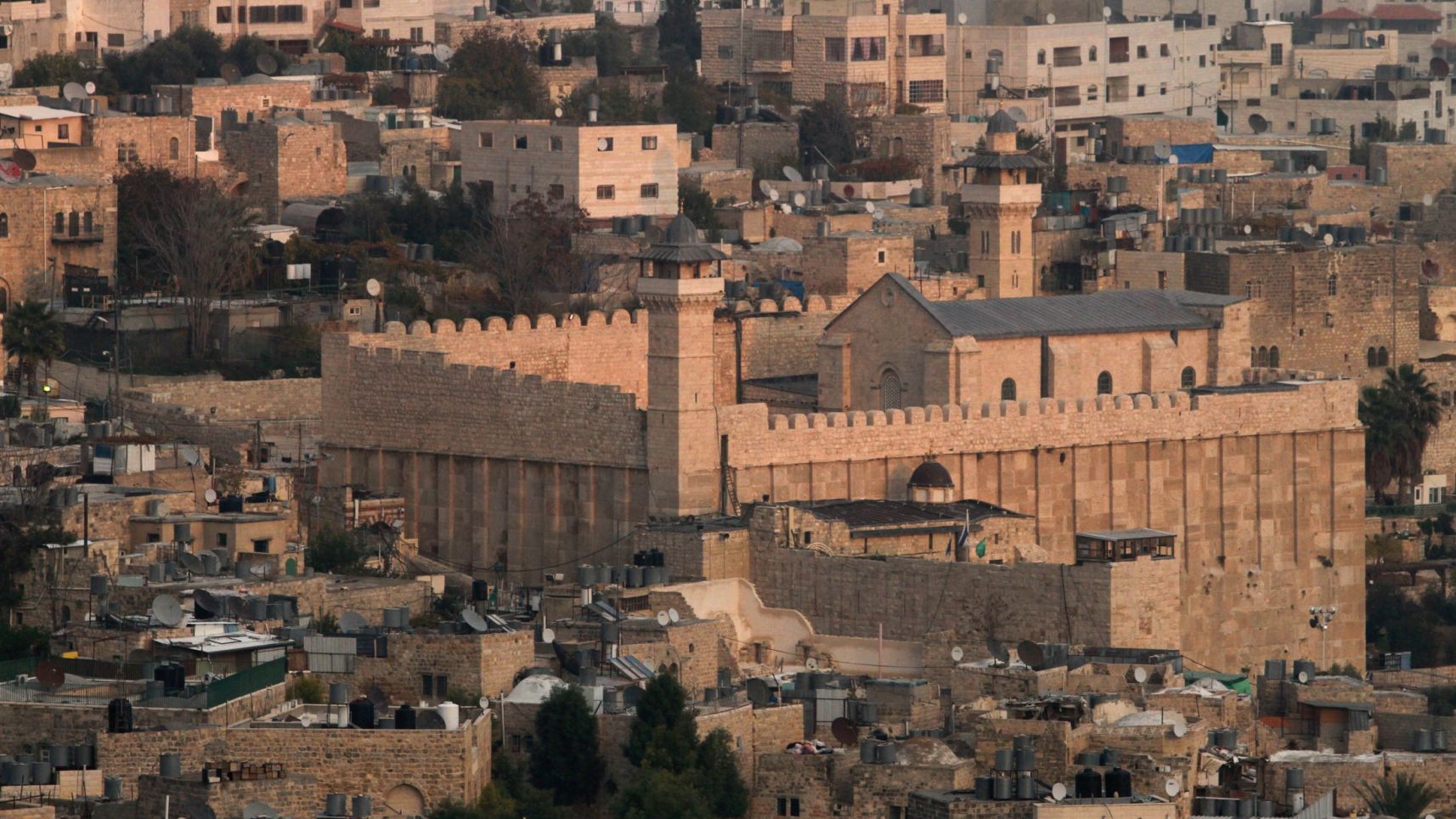
UNESCO voted Friday to recognize Hebron‘s Old City and the Tomb of the Patriarchs as Palestinian heritage sites.
Despite intensive diplomatic efforts waged in recent weeks, Israel and the United States failed to recruit the support of enough member states to vote down the move.
Twelve states on the World Heritage Committee voted in favour of the resolution and three voted against it.
The resolution that was proposed by the Palestinians includes two main clauses. The first asserts that Hebron’s Old City and the Tomb of the Patriarchs are Palestinian heritage sites, and will be registered as such in UNESCO’s World Heritage List. The second asserts that the two sites are to be recognized as being in danger, meaning that each year UNESCO’s World Heritage Committee will convene to discuss their case.
Naftali Bennett, Israel’s education minister and the chairman of the country’s committee to UNESCO, condemned the decision, saying that the Jewish link to Hebron goes back thousands of years and won’t be severed.
“It’s disappointing and embarrassing to see UNESCO denying history and distorting reality time after time to knowingly serve those who try to wipe the Jewish state off the map,” he said. “Israel won’t renew cooperation with UNESCO as long as it continues to serve as a tool for political attacks instead of being a professional organization.”
Defense Minister Avigdor Lieberman called UNESCO a “politically slanted organization, disgraceful and anti-Semitic, whose decisions are scandalous.”
“No decision by this irrelevant organization will undermine our historic right over the Tomb of the Patriarchs, or our right over the country. I hope that with the help of our great friend the United States, this organization is defunded.
“The decision proves, once again, that the Palestinian Authority doesn’t seek peace but rather seeks to incite against and slander Israel,” he added.
A spokesperson for the Hebron settlers called the decision “ridiculous,” “anti-Semitic” and “typical of UNESCO’s bunch of ignoramuses who are consumed by hate.”
The Palestinians hailed UNESCO’s vote, with the Palestinian Ministry of Foreign Affairs calling it “the only logical and correct decision.”
“Hebron is a city in the heart of the State of Palestine that hosts a site invaluable to world heritage and holy to billions of people around the world of the three monotheistic religions. Hebron’s Old City and holy site is under threat due to the irresponsible, illegal, and highly damaging actions of Israel, the occupying Power, which maintains a regime of separation and discrimination in the city based on ethnic background and religion.
“The State of Palestine will continue to defend and celebrate Palestine’s many important historic sites as part of world heritage and resist any attempt to hold Palestine or its history hostage to the agenda and actions of intolerance and exclusion.”
To pass, the resolution needed the support of two-thirds of the committee’s voting members. The decision was taken by secret ballot after three states asked for one during Friday’s meeting.
Israel and the United States have been pressing several members of the World Heritage Committee and UNESCO’s secretariat for a secret ballot that would allow more countries, including an Arab state, to vote against the resolution or abstain from voting without paying a political price.
A shouting match broke out over the issue during Friday’s meeting between Israeli Ambassador to UNESCO Carmel Shama Hacohen and the Palestinian and Lebanese envoys. The argument unfolded when Shama Hacohen learned that the vote would only be partially secret, meaning that while the states wouldn’t be asked to reveal their choice, the voting wouldn’t be conducted behind a screen.
Shama Hacohen accused the Polish envoy chairing the meeting of violating his commitment regarding the secret ballot. At one point, the Lebanese envoy demanded that Shama Hacohen be ejected from the meeting by security guards.
Ultimately, the partially secret ballot proceeded as planned, as 21 envoys cast their ballots into a box in the meeting room’s centre.
A senior Israeli diplomat said Friday that the Polish envoy who chaired the meeting had reneged on his promise of ensuring a secret vote. The lack of secrecy and presence of cameras had barred several states; include an Arab country, from voting against the resolution, the diplomat added.
Source: Haaretz

